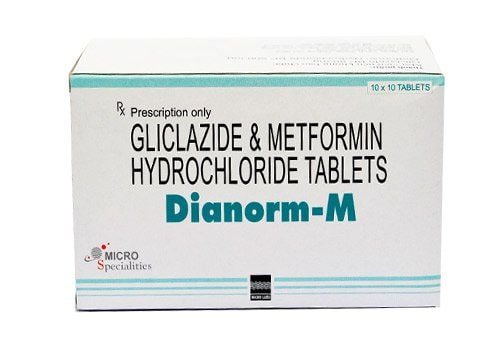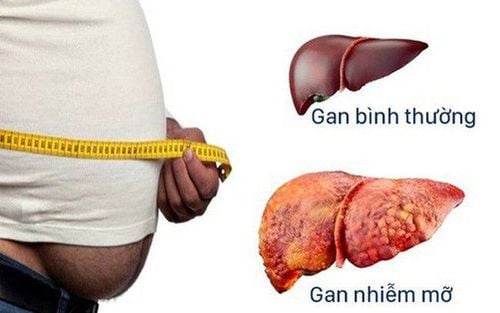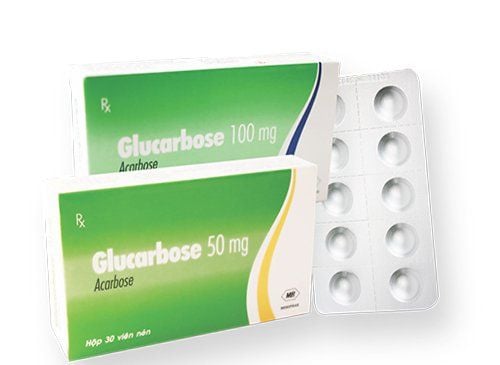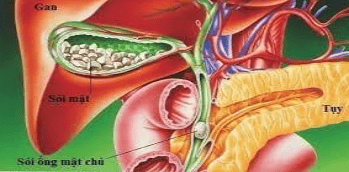This is an automatically translated article.
Posted by Master, Doctor Mai Vien Phuong - Department of Examination & Internal Medicine - Vinmec Central Park International General Hospital
The incidence of hepatocellular carcinoma (HCC) has increased sharply over the past two decades, as has the prevalence of its metabolic risk factors. Hassan et al. and Donadon et al., in hospital case-control studies, observed for the first time a strong association between metformin use and a reduced risk of HCC in subjects subjects with type 2 diabetes.
1.Metformin and hepatocellular carcinoma
This protective effect was confirmed by the cumulative evidence of observational studies involving more than 0.5 million subjects (OR: 0.52; 95% CI: 0.40-0.68). was more evident in the control case than in the cohort studies and was not significant in the lesson analysis of RCTs. These data suggest an association between metformin use and a reduced incidence of HCC that needs to be confirmed in prospective clinical trials. An improvement in HCC survival was first reported by Chen et al in an early-stage cohort of patients treated with radiofrequency ablation. with OS was longer in metformin users compared with nonusers (HR: 0.24; 95% CI: 0.07-0.90).
A meta-analysis of 11 cohort studies was consistent with a better prognosis with respect to metformin use in HCC patients relative to their patients (HR: 0.59; 95% CI: 0, 42-0.83). Although the antitumor effects of metformin in liver cancer are poorly understood, preclinical evidence has been observed for inhibition of proliferation and induction of cell cycle arrest and cell death. HCC via AMPK activation. Future prospective trials should explore the potential benefit of metformin in the prevention and treatment of HCC.
2.Metformin and intrahepatic cholangiocarcinoma and gallbladder cancer
Intrahepatic cholangiocarcinoma (ICC) is the second most common type of liver cancer, and its incidence has increased markedly over the past decades. Chaiteerakij et al [168], in a clinic-hospital retrospective cohort, reported a 60% reduction in the risk of ICC in type 2 diabetic patients using metformin relative to nonusers ( OR: 0.4; 95% CI: 0.2-0.9). However, the same group did not experience a better prognosis in ICC-treated T2DM patients receiving metformin (HR: 0.8; 95% CI: 0.6-1.2).
Although gallbladder cancer (GBC) is the most common cholangiocarcinoma, no clinical data and scarce baseline evidence have explored the anticancer effects of metformin and its potential mechanism of action. its in the GBC. Regarding the understanding of the possible mechanistic effects of metformin on ICC and GBC, there is some evidence in vitro and in vivo. Overall, studies have observed the induction of apoptosis and cell cycle arrest mediated by AMPK-mTOR axis activation. The combination of metformin in combination with gemcitabine and cisplatin (standard of care for advanced ICCs) enhanced the antiproliferative effects of the treatment in a cell model through their effects on AMPK, cyclin D1, and caspase -3. Furthermore, Liu et al first observed a reduction in the viability of GBC cells through inhibition of Akt (p-Akt) and phosphorylated Bcl-2 signaling.
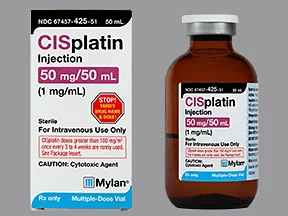
3. How does Metformin inhibit the proliferation of gallbladder cancer cells?
Metformin inhibits GBC cell proliferation through downregulation of HIF-1α and VEGF and promotes cell cycle arrest by decreasing cyclin D1 expression in various animal experiments. Binding of metformin to cisplatin also promotes a decrease in the expression of the downregulator p-Akt and cyclin D1, leading to antibiotic synergies. rative effect in the GBC cell. These preliminary and preclinical evidence emphasizes the need for further exploration of metformin in clinical studies of the prevention and treatment of ICC and GBC. Considering the rationale that metformin may work in the prevention and treatment of ICC and limited clinical data, exploratory studies should address this issue to better understand its benefits in clinical settings. this clinical facility.4. Large amount of evidence is available on the important effect of metformin in reducing the risk and improving the prognosis of some gastrointestinal tumours.
Digestive system tumors are often associated with high morbidity and mortality and their incidence has increased in recent decades. Identification of key risk factors and worse prognostic conditions as well as development of prevention and treatment strategies is being promoted. In this context, forecasting the worldwide burden of cancer due to diabetes and excess weight in the near future is an alarming public health concern. The association of a number of cancers, including many gastrointestinal tumors to diabetes and obesity, is well recognized (IARC, WCRF). Other prevention and treatment strategies should be known. The large amount of evidence presented here supports the idea that metformin is important in reducing the risk and improving prognosis of some gastrointestinal tumours. Although most of the clinical studies presented herein are retrospective, often limited by immortality time and selection bias, recent preclinical findings on the antitumor effects of metformin has established biological plausibility for the clinical data and reinforces concerns about its effects in carcinogenesis and cancer progression. This clinical and preclinical evidence supports the running of adequately powered trials investigating the clinical use of metformin in the treatment of gastrointestinal tumours. This takes into consideration diabetes status, predictive biomarkers, disease stage, and treatment. With regards to chemical invention, safety, low cost and wide accessibility are the keys to its feasibility.
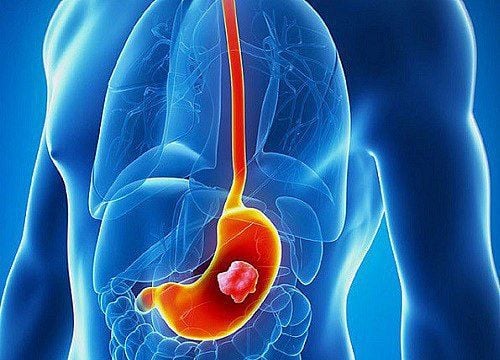
5. Replacing metformin to treat cancer of the digestive system is an area of scientific interest
Replacing metformin for the treatment of cancer of the digestive system is an area of significant scientific interest because it focuses on a global public health problem. Currently, clinical research is considered a profession with its inherent necessary professional skills. Considering that the low cost of metformin does not compromise the expensive drug repositioning process, the development of this potential anticancer drug has been hampered. Furthermore, the current stage of clinical development of metformin requires testing in large, randomized, genome-guided, multicenter trials. These aspects explain, at least in part, the lack of current research on metformin for cancer prevention and treatment despite a large body of preclinical and clinical evidence suggesting a benefit. the potency of metformin.
The authors hope that this comprehensive review integrating potential mechanisms, preclinical and clinical studies of metformin as an antineoplastic agent will alert the gastrointestinal cancer community to the need for study the effects of metformin in more specific clinical situations.
Please dial HOTLINE for more information or register for an appointment HERE. Download MyVinmec app to make appointments faster and to manage your bookings easily.





